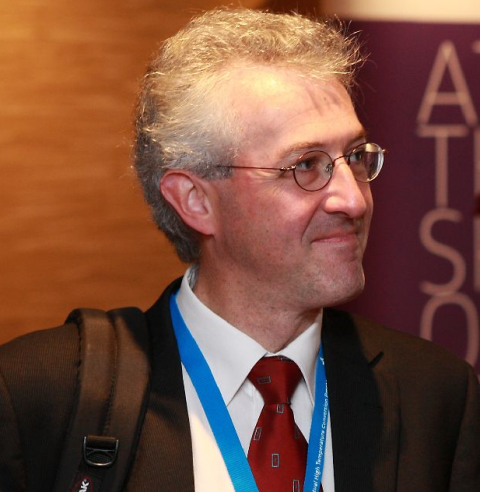Lehrstuhl Strömungsmechanik & Strömungstechnik
Der Lehrstuhl für Strömungsmechanik und Strömungstechnik (LSS) ist an der Otto-von-Guericke-Universität Magdeburg im Bereich Lehre und Forschung für alle Gebiete der Strömungsmechanik zuständig.
Dies umfasst insbesondere experimentelle und numerische Forschungsprojekte, die folgende Probleme untersuchen:
- reaktive und mehrphasige Strömungen,
- Sprays,
- laminare und turbulente Flammen,
- Fluidenergie- und Strömungsmaschinen,
- Mischungs- und Entmischungsprozesse,
- Optimierung von Strömungsbedingungen,
- medizinische Strömungen,
- metallurgische Strömungen,
- Strömungsinstabilitäten,
- nicht-newtonsche Strömungen,...
Hierfür stehen hochqualitative Messmethoden und numerische Simulationsprogramme zur Verfügung.


























